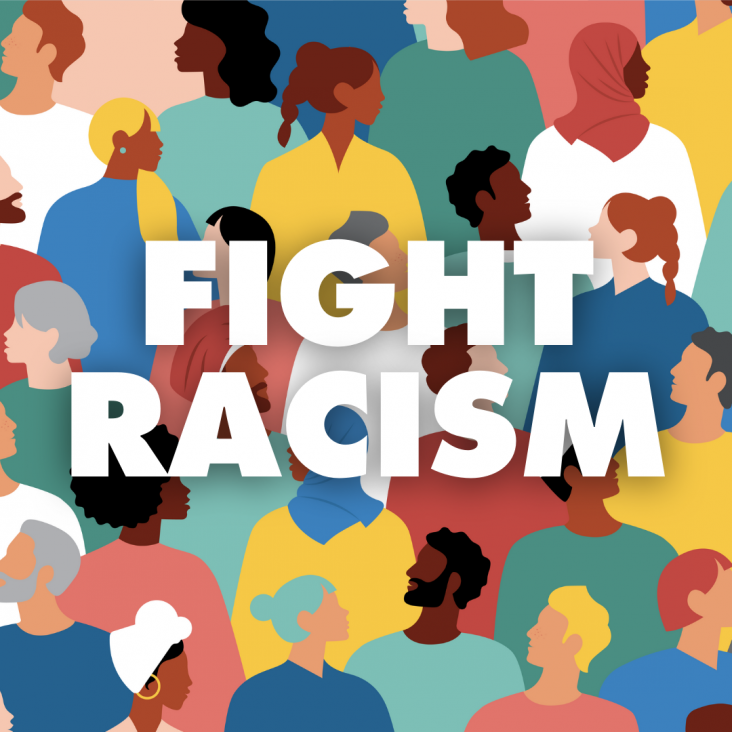
An Essay on the unfolding health and humanitarian crisis due to the conflict in Ukraine, in the context of SDGs 3 and 16, focusing specifically on provision of cancer care.

A News article on the unfolding health and humanitarian crisis due to the conflict in Ukraine, in the context of SDGs 3 and 16, focusing specifically on the impact on cancer care.

A Comment on the unfolding health and humanitarian crisis due to the conflict in Ukraine, in the context of SDGs 3 and 16, focusing specifically on tuberculosis control programmes for refugees.
A Comment on the unfolding health and humanitarian crisis due to the conflict in Ukraine, in the context of SDGs 3 and 16, focusing specifically on providing palliative care, alleviating suffering, and dignifying death in the context of armed conflicts.

The International Day for the Elimination of Racial Discrimination is celebrated every year on March 21st. Elsevier has selected and curated a number of journal articles and book chapters in a dedicated Special issue to highlight this important theme. These articles are freely available to read and share. #fightracism #Standup4humanrights
Elsevier,
Engaging Boys and Men in Sexual Assault Prevention: Theory, Research and Practice
2022, Pages 1-27
This chapter provides a brief overview of the theory, research, and practice of sexual assault prevention among boys and men, with a focus on implications for prevention.

